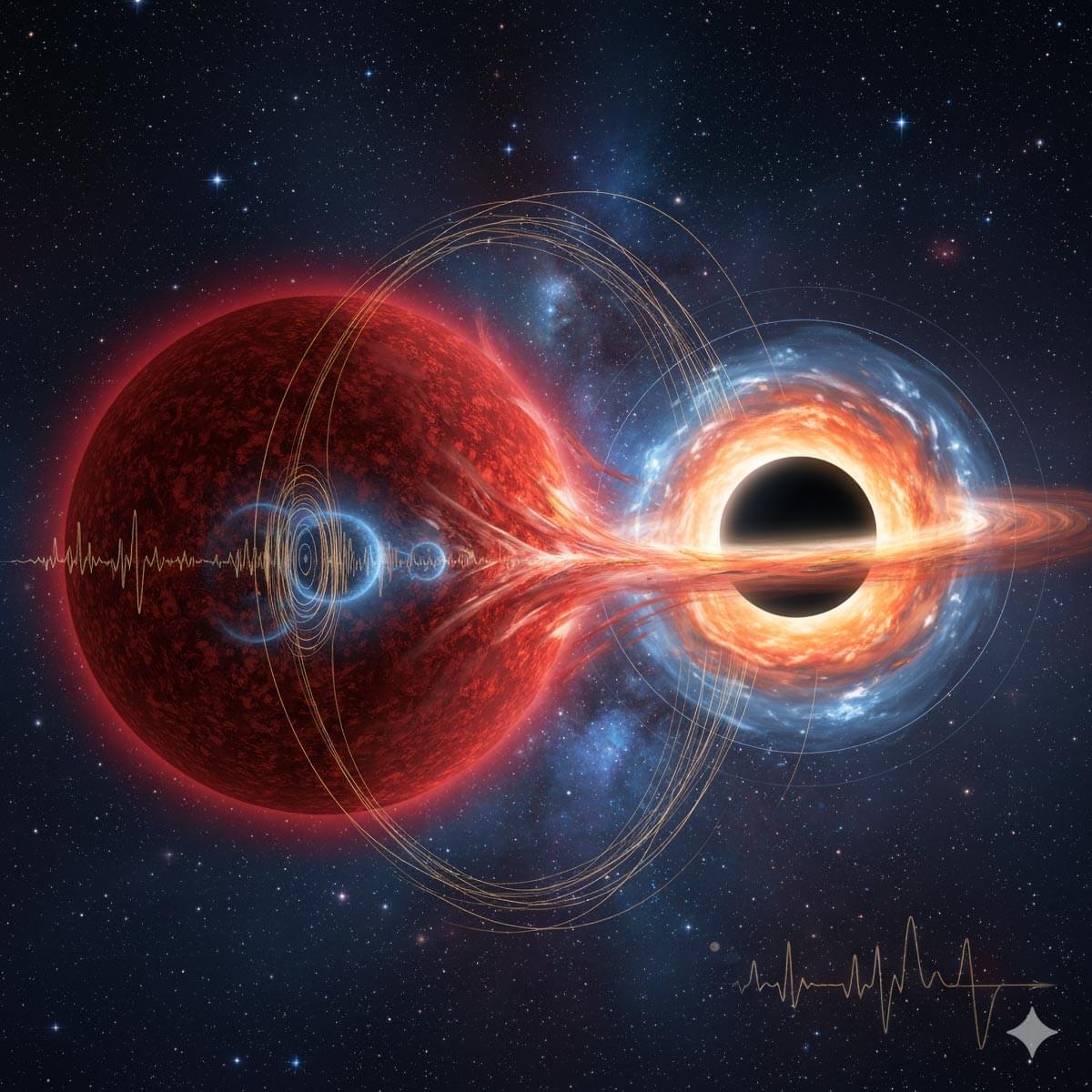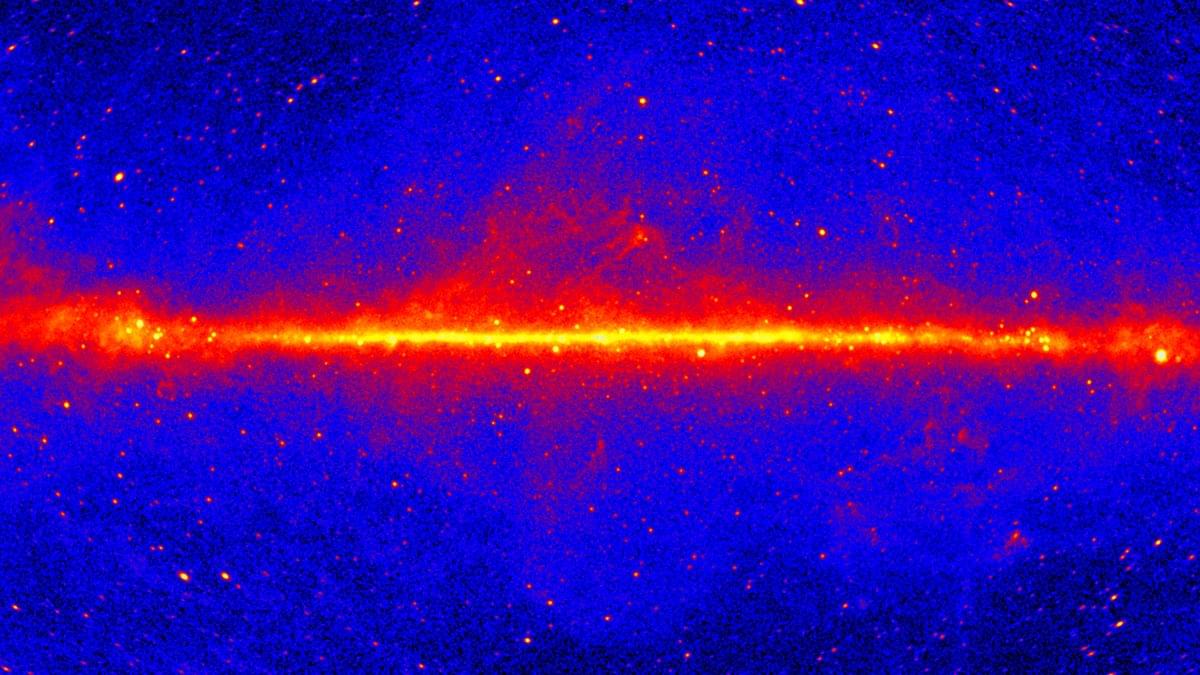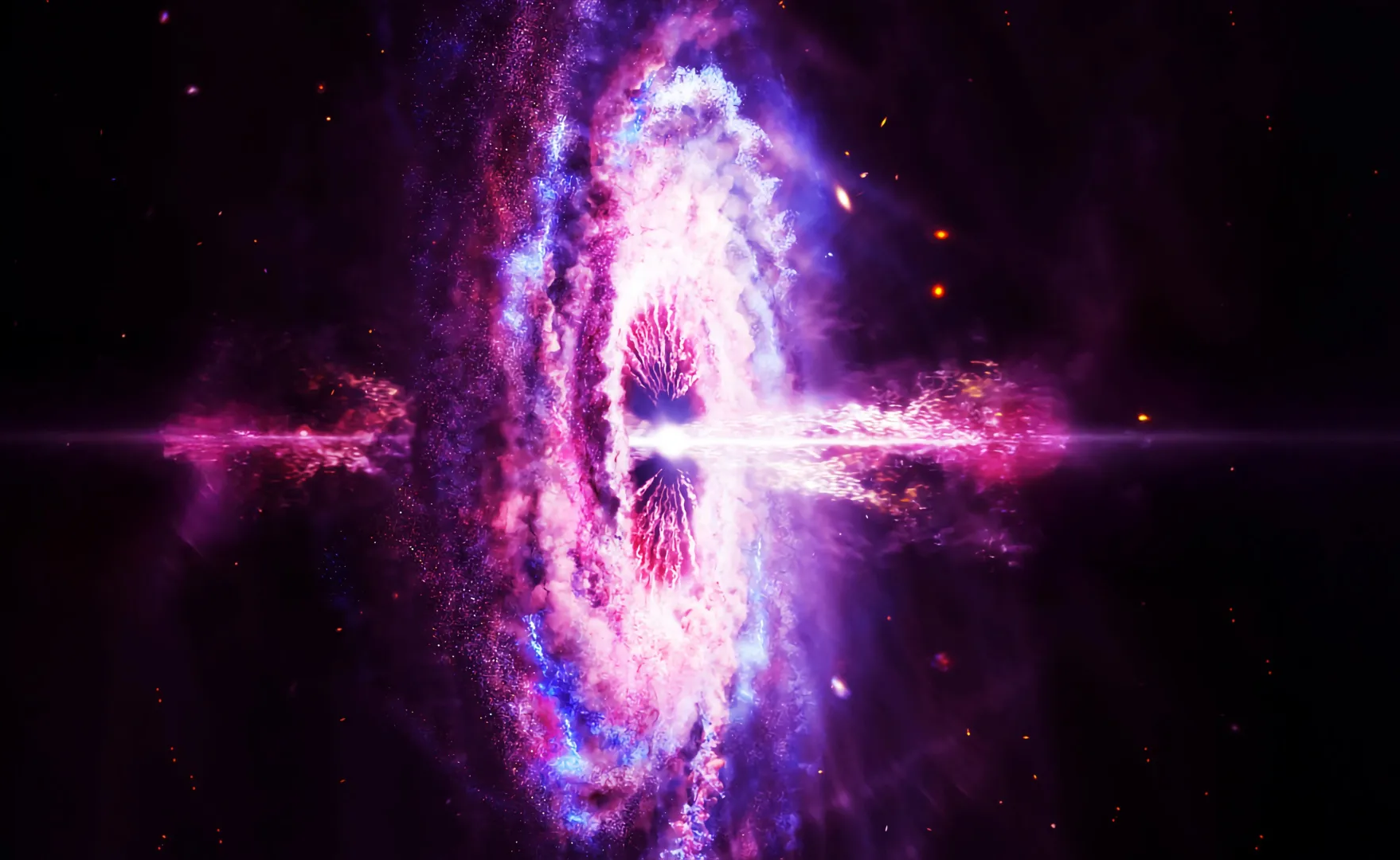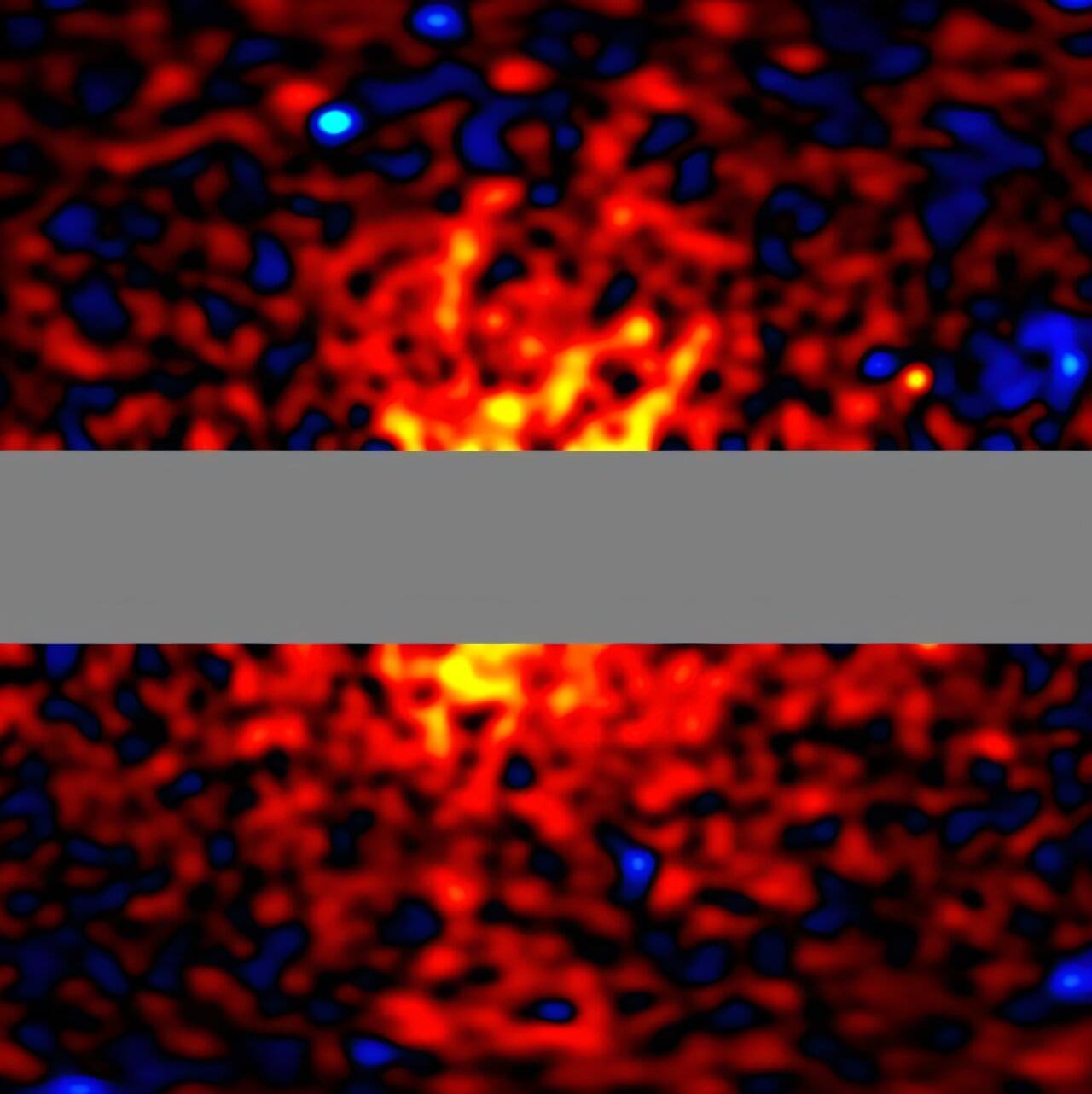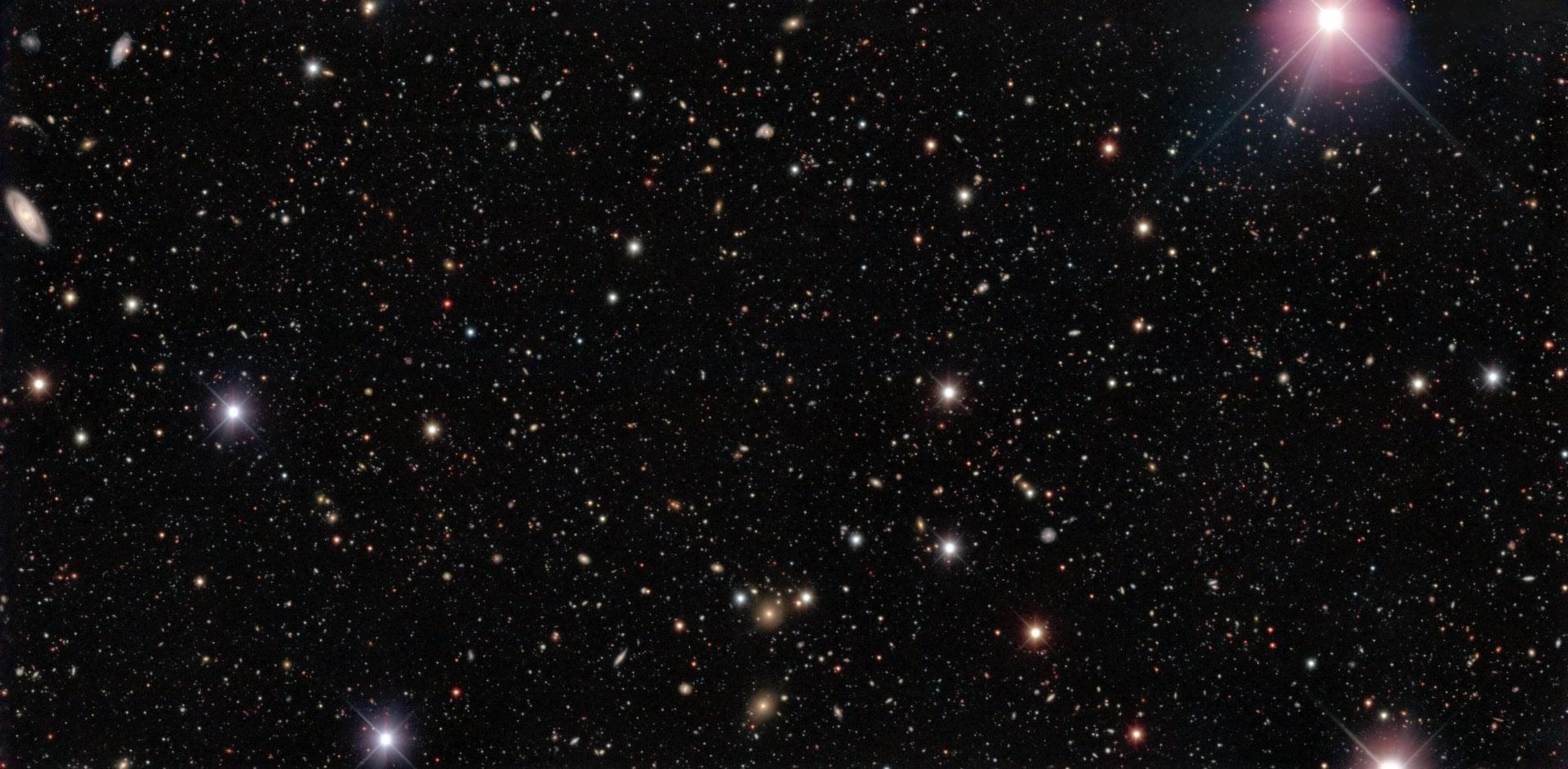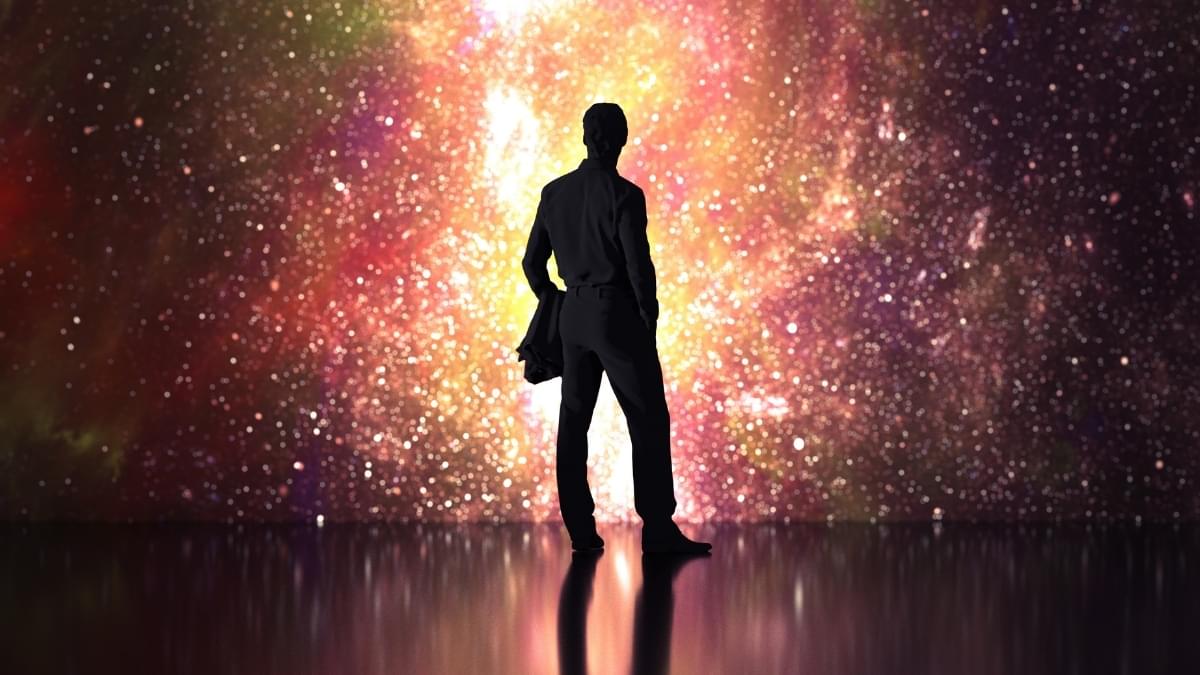The universe is mostly invisible. Dark matter, the mysterious substance making up 85% of cosmic mass, has been detected through a stunning gamma-ray signal. Join us as we break down the research by a University of Tokyo astrophysicist who believes he has caught WIMP particles destroying each other a finding that redefines our place in the cosmos.
#universe #space #darkmatter #wion.
About Channel:
WION The World is One News examines global issues with in-depth analysis. We provide much more than the news of the day. Our aim is to empower people to explore their world. With our Global headquarters in New Delhi, we bring you news on the hour, by the hour. We deliver information that is not biased. We are journalists who are neutral to the core and non-partisan when it comes to world politics. People are tired of biased reportage and we stand for a globalized united world. So for us, the World is truly One.
Please keep discussions on this channel clean and respectful and refrain from using racist or sexist slurs and personal insults.
Check out our website: http://www.wionews.com.
